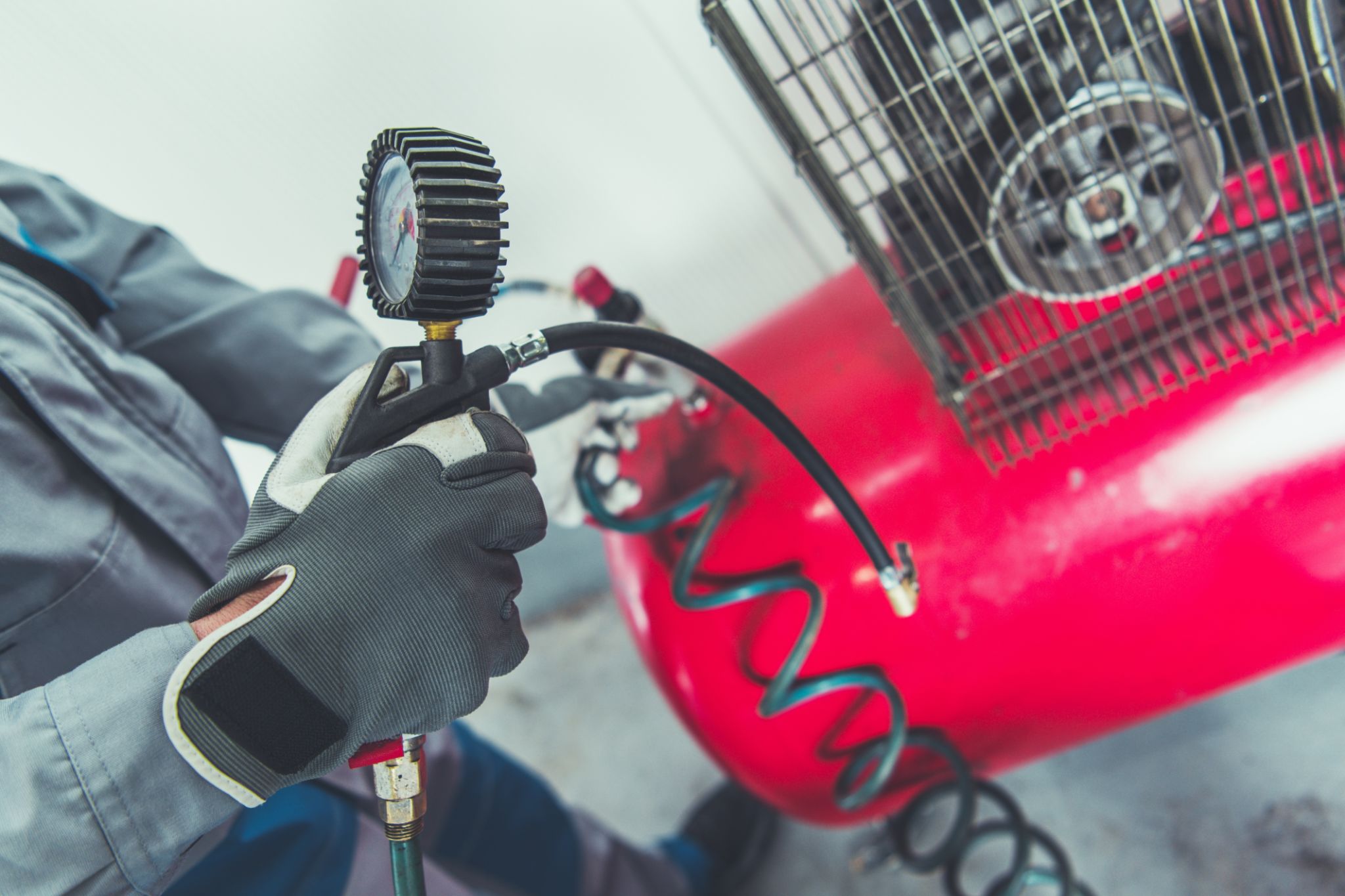Expert Tips for Maintaining Custom Industrial Air Compressors
Understanding the Importance of Regular Maintenance
Industrial air compressors play a crucial role in a wide range of industries, from manufacturing to construction. These machines work tirelessly to power tools and machinery, making their maintenance a vital task for ensuring longevity and efficiency. Regular maintenance helps in preventing unexpected breakdowns and extends the life of the compressor. Without proper care, even the most robust machines can fail when needed the most, leading to costly downtime and repairs.

Establishing a Maintenance Schedule
The first step in maintaining your industrial air compressor is to establish a regular maintenance schedule. This schedule should be based on the manufacturer's recommendations and tailored to your specific usage patterns. A well-planned maintenance routine allows you to detect minor issues before they escalate into major problems. Key components such as filters, belts, and hoses should be inspected frequently to ensure they are in good condition.
Daily Checks and Simple Upkeep
Performing daily checks is an essential part of maintaining your compressor. Start by checking the oil levels and inspecting for any leaks around the machine. Ensure that the pressure settings are correct and that safety mechanisms are functioning properly. Simple tasks like cleaning the compressor's exterior and removing any dust or debris can significantly reduce wear and tear.
Key Maintenance Tasks
There are several critical maintenance tasks that should be performed regularly to keep your air compressor running smoothly. These include:
- Changing the oil and filters at recommended intervals to ensure optimal lubrication.
- Inspecting and tightening all bolts and connections to prevent leaks.
- Cleaning or replacing air intake filters to maintain efficient airflow.

Monitoring Performance Metrics
Monitoring the performance metrics of your air compressor is crucial for identifying potential issues early. Keep an eye on parameters such as pressure levels, temperature, and noise output. Any deviations from normal operating conditions could indicate a problem that needs attention. Implementing a monitoring system can help automate this process, providing alerts in case of irregularities.
Training Personnel
Ensuring that personnel handling the compressors are well-trained is another important aspect of maintenance. Training should cover the operating procedures, safety protocols, and basic troubleshooting techniques. Well-trained staff are more likely to spot early signs of wear or malfunction, allowing for timely intervention.

When to Call in the Experts
While regular maintenance can be handled internally, certain situations require the expertise of a professional. If your air compressor exhibits signs of serious malfunction such as persistent noise, vibrations, or frequent automatic shutdowns, it's time to call in a certified technician. Experts can perform in-depth diagnostics and repairs that go beyond routine maintenance.
Documenting Maintenance Activities
Maintaining detailed records of all maintenance activities is essential for tracking the compressor's health over time. Documentation should include dates of service, parts replaced, and any issues encountered during inspections. This information can be invaluable when assessing the lifespan of your equipment and making informed decisions about upgrades or replacements.
By adhering to these expert tips for maintaining custom industrial air compressors, you can ensure that your equipment remains in excellent working condition, minimizing downtime and maximizing productivity.
